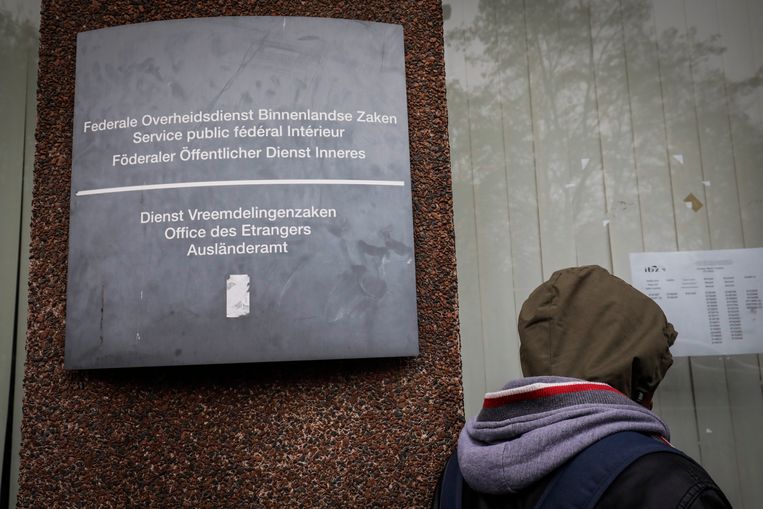The travel restrictions imposed as a result of the coronavirus crisis had a major impact on visa and asylum applications in Belgium in 2020, according to figures released on Friday.
The overall number of visa applications dropped to an all-time low, according to figures made public by the Secretary of State for Asylum and Migration Sammy Mahdi, who released them as a way to build a barrier against fake news around migration.
"All too often, the debate on asylum and migration is conducted on the basis of gut feelings or incorrect information. Sometimes even deliberately false information is disseminated to reinforce one's own point of view," he said in a press release.
"In this way, I want to make sure that citizens get the right information," he added.
The strongest decline was recorded in the number of applications for short-stay visas, which dropped to 37,128 in 2020, an 80% decrease from the 191,436 visas that were issued in 2019.
Related News
- EU auditors: “Return systems encourage illegal migration”
- More than 5.5 million people applied to remain in UK post-Brexit
Meanwhile, the number of people seeking international protection who made a first asylum application decreased by 44% to 13,105 applications, of which 3,532 were immediately referred to have their application assessed by another EU country.
In 2019, 1,153 people applied for humanitarian visas, of whom 929 people were issued such a visa. These figures decreased to 920 and 697, respectively, last year. As in 2019, Syrians and Afghans accounted for most of such visas that were issued.
Overall, the figures showed that EU migration continues to outweigh asylum applications from third countries.
The number of EU nationals applying for residence in Belgium fell slightly, by 15%, from 71,987 in 2019 to 60,039 in 2020. The largest group of newcomers from the EU consists of Romanians, with 14,552 newcomers in 2020.
Voluntary or forceful returns
Although voluntary returns remained high - around 1,955 people returned voluntarily - just half of the number of foreign nationals living in Belgium illegally left Belgium in 2020 compared to in 2019, when 8,706 departed in a controlled way.
"The coronavirus crisis had a major impact on forced returns: travel was not possible and air traffic was severely disrupted. The aviation police had to temporarily halt the execution of removals under escort," the press release read.
However, the removal of people who committed crimes remained a priority, and returns from prisons continued at a steady pace with 1,156 removals from prison in 2020 compared to 1,469 in 2019.
"Covid-19 or not, people who are arrested for committing offences were still removed. The administration has always gone out of its way to facilitate the removal of undocumented criminals," Mahdi said.
One of the few figures that increased from 2019 to 2020 related to the number of single permits for labour migration that were given a positive decision, with an increase of more than 650 from 2019 to 4,887 in 2020. Most of the permits issued were received by applicants from India, Turkey and Japan.
With the improvement of the health situation, the number of applications is on the rise again, according to Mahdi.
"We are anticipating this by investing fundamentally in our services, resulting in more than 700 vacancies, ranging from security officers to migration and protection officers to return counsellors. In this way, the services are ready for the future," he said.
The 2020 activity report of the Immigration Department will be presented in Parliament by Director-General Freddy Roosemont on 22 September.

